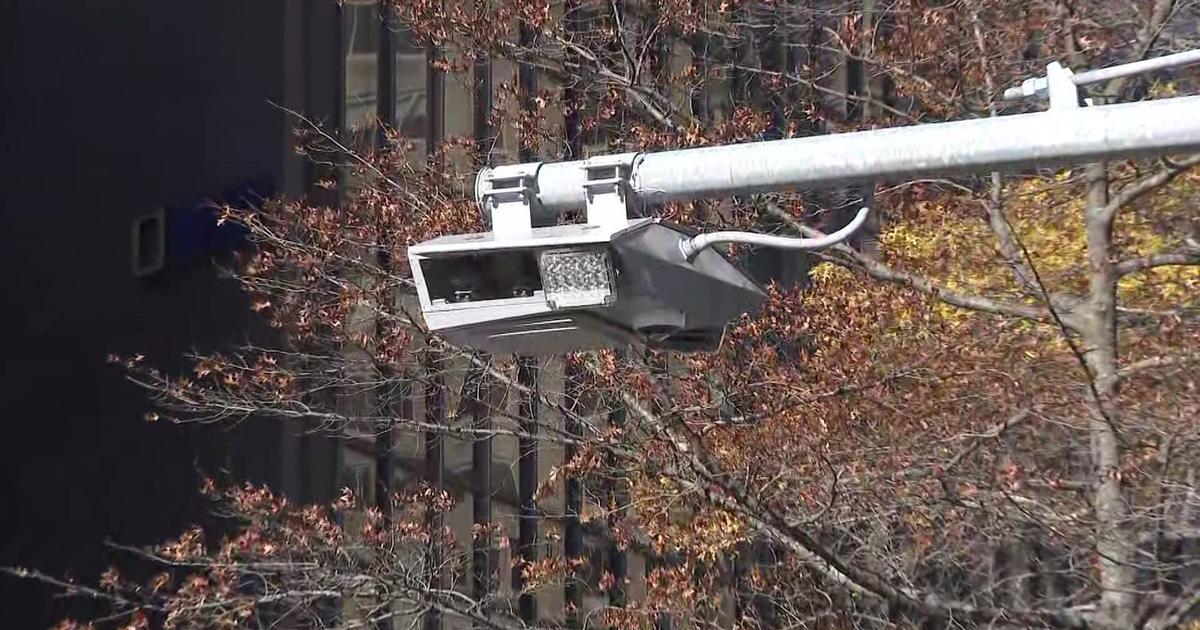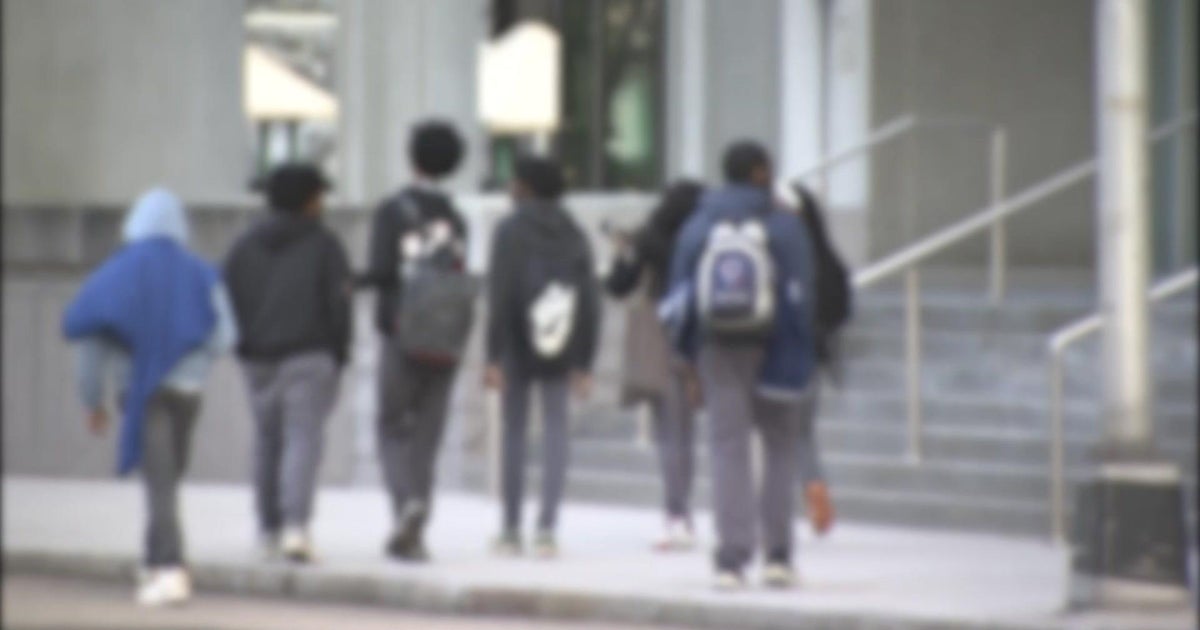Seen At 11: Sleep In Special Contact Lenses And See Clearly
NEW YORK (CBS 2) -- Can you imagine going to bed with poor eyesight and waking up in the morning being able to see clearly?
As CBS 2's Dr. Max Gomez reported Wednesday, doctors say it is now possible thanks to cutting-edge new technology involving special contact lenses one wears while asleep.
Devon Wiley, 17, has been wearing eyeglasses for nearly 10 years, but at a recent checkup her eye doctor found she now has 20/20 vision without glasses.
"I just love that it's no worry at all, but it's still perfect vision," Wiley said.
Her perfect vision came thanks to the contact lenses she wears – not during the day to help her see, but at night while she is sleeping.
"We're reshaping your cornea," explained Dr. Curtis Frank.
Frank said the lenses are part of a treatment called orthokeratology, which can reduce the refractive errors of nearsightedness, astigmatism, and in some cases, farsightedness.
It works "just like Lasik would do, but it's without the surgery," Frank said.
And Wiley said, "It works amazing."
But the results of the lenses are temporary – lasting only for one day. If Wiley forgets to wear the lenses at night, she will need to wear her glasses the next day.
The lenses could be very useful – especially for the younger population, according to Frank.
"Kids are getting more nearsighted all the time," Frank said.
Some studies showed advancements in the procedure may make it possible to reduce the focusing power of the eye and thereby reduce nearsightedness – especially in children.
"What these lenses do is slow that progression," Frank said.
But some doctors, such as cornea specialist Dr. Ula Jurkunas, said more studies need to be conducted. Jurkunas also warned of potential side effects, such as infections that develop due to improper cleaning.
"The majority of infections that were published were really severe affecting the several vision," Jurkunas said.
But Wiley said in the three years she has been wearing the lenses, she has never had the problem. And she said she is never going back to wearing glasses again.
"I love the easiness of not having to wear anything during the day," she said.
Orthokeratology is not new; it has been around for decades. The lenses cost between $1,500 and $2,000 a year, and because the hard lenses can be uncomfortable, many people can't get used to them and stop wearing them.
But for those who want to go ahead with it, doctors said orthokeratology is a good option for nearsighted individuals who are too young for Lasik surgery, or who for some other reason are not good candidates for vision correction surgery.
Check Out These Other Stories From CBSNewYork.com:



